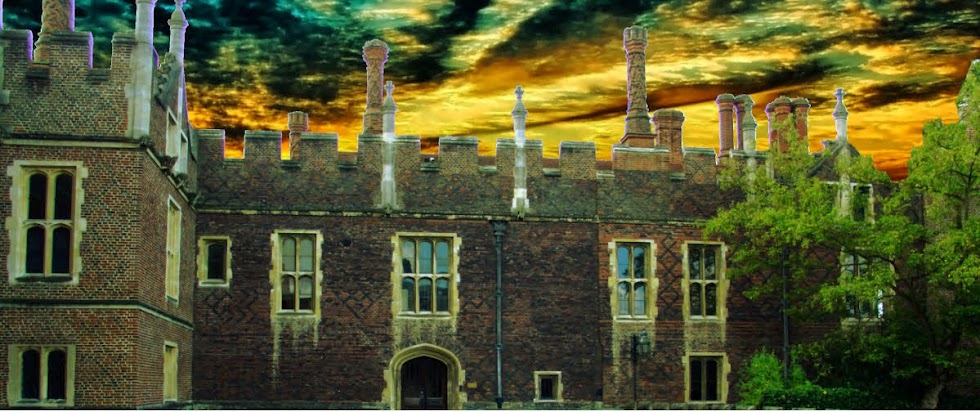Research is fascinating, isn't it? I've been reading about the Tudor period in history since I was in my teens and yet, in writing the Luke Ballard stories, I am learning new things every day. The Sweating Sickness is a case in point. A writing friend asked exactly what it was and, despite me thinking I did know, when it came down to it, I had no idea.
It seems to have been a Tudor phenomenon, arriving for the first time in England in 1485 - the year of the Battle of Bosworth and the beginning of the Tudor dynasty. Its last recorded occurrence was in 1551, the year in which 'Treasons' is set.
For many years, I thought it synonymous with the plague, but it had symptoms all its own and was, in reality, much more rapid than the plague. People would die within three hours of its onset and if they lasted for 24 hours, they were considered past the danger point. One other interesting thing about the sickness was that it seemed to attack those who were gluttonous or drunks - those who enjoyed the pleasures of the table. There have been many theories as to what is actually was, one being hantovirus, but whilst the two diseases share some symptoms, the evidence is circumstantial.
The only treatment for it was to abstain from food, apply moderate heat, only drink a small quantity of "mild drink" and wait out the 24 hours. Those who were attacked in the daytime would immediately go to bed in their day clothes to avoid a chill. Those attacked at night stayed in bed. All were completely covered, not even exposing a hand or foot to the air.
The bodily matters that were expelled along with profuse perspiration gave rise to a horrible stench around those who were sick. From descriptions, it appears that these odours could have had an ammonia base, but they certainly caught in the throats of all who were near the stricken person. It is also fairly certain that it was not manual contact that spread the contagion, but breathing in these pestilential atmospheres that either surrounded the beds of the sick or were apparent in the tainted air of unventilated spaces.
